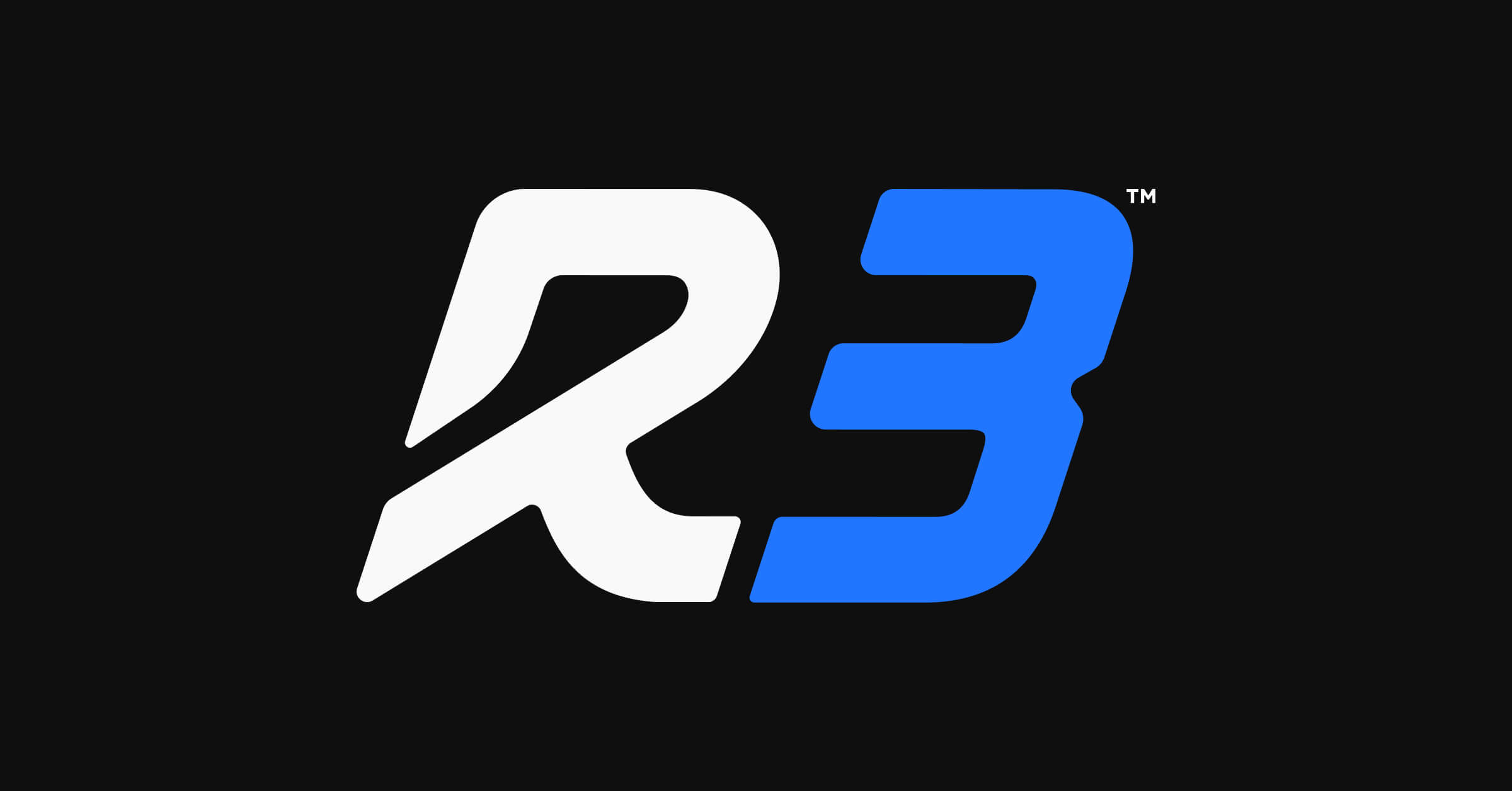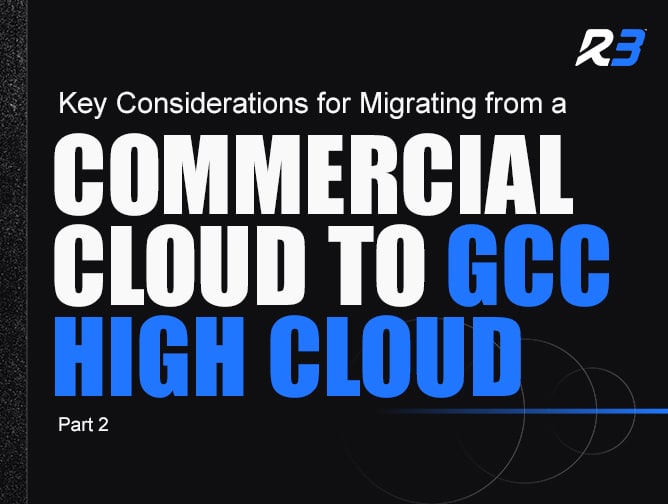In our post-GCC High: Requirements, Benefits, Price & More, we discussed how GCC High differs from other cloud solutions, how it relates to CMMC, as well as its benefits, eligibility, requirements, price, and more.
We briefly mentioned that if you wish to move to GCC High, you must first receive validation from Microsoft. This process includes a request for validation, providing the appropriate documentation, and the submission of a GCC High licensing request.
In this post, we’ll dive a bit deeper into each step of this process. Let’s begin.
Step 1: Request Validation
First and foremost, head over to the Microsoft Government General Validation page to start the validation process. Here, you’ll complete a brief form so that Microsoft can verify your eligibility as a:
- US federal, state, local, or tribal government entity
- Solution provider serving US federal, state, local or tribal government entities
- Customers handling government-controlled data
If you’re not a government organization, choose “Customers handling government-controlled data,” as the “Solution provider serving US federal, state, local or tribal government entities” option only applies to non-government solution providers such as CSPs. If you do in fact select “Solution provider,” your validation will be declined and you’ll have to start the process over again.
Also, when applying for GCC High, make sure you receive validation as a category 3 entity, as category 2 entities are only allowed into Azure Government, not GCC High.
Once a decision has been made about your request, Microsoft will contact you via email within two business days regarding next steps.
Step 2: Provide Documentation
Next, the Microsoft US Government Cloud Eligibility Team will contact you to request one of the following pieces of documentation:
- A Valid CAGE Code or SAM registration with DUNS. Your SAMS registration must be for “All Awards”; you will not receive validation if the purpose is only for Federal Assistance Awards.
- A signed contract (certified electronic or ink) indicating the regulated data requirement as part of the delivery, either direct or indirect. Ensure the data owner entity name is visible.
- A sponsor letter specifying the regulated data requirements and the duration of the requirement, signed within the last 12 months. This must be from a valid US Government entity or previously approved Category 3 entity holding the same data type, specifying the controlled data type (see list below), on the sponsor entity letterhead, and signed by the sponsor (certified electronic or ink).
The types of controlled information acceptable for Microsoft GCC High Validation include:
- CUI: Controlled Unclassified Information (including all of the CUI sub-categories)
- ITAR: International Traffic in Arms Regulations
- CJI/CJIS: Criminal Justice Information
- CDI: Covered Defense Information
- DoE UCNI: Dept of Energy Unclassified Controlled Nuclear Information
- DoD UCNI: Dept of Defense Unclassified Controlled Nuclear Information
- DoD IL: Dept of Defense, Impact Level
- IRS 1075: Safeguards for Protecting Federal Tax Returns and Return Information
- NERC: North American Electric Reliability Corporation
Microsoft will also request any additional clarification regarding your organization, such as any website, address, or phone number issues at this time.
Step 3: Submit Request
Once you’ve submitted the requested documentation, Microsoft will either let you know your organization has been validated or will request different or additional documentation.
If your organization has been found eligible, you’ll be asked to work with the Microsoft account team or a qualified partner to purchase GCC High. This is because customers can purchase Microsoft 365 for US Government licenses only through select partners. You can find a complete list of Microsoft’s select partners here (spoiler alert: R3 is one of them).
Work with R3
After your organization’s eligibility has been validated, you can work with R3 to place an order for GCC High. If you’re applying for Category 3 validation, part of this process will include obtaining a GCC High sponsor letter from a recognized federal agency or an organization that is already validated as a level 3 entity. We’re happy to help you with this.
As a qualified Microsoft licensing solution provider (LSP), we can transact both GCC and GCC High through Enterprise Agreement (EA) to create the customer price sheet (CPS) for under 500 seats.
Ready to get started? Send us a message today to learn how we can provide the experienced, knowledgeable GCC High support you need.






